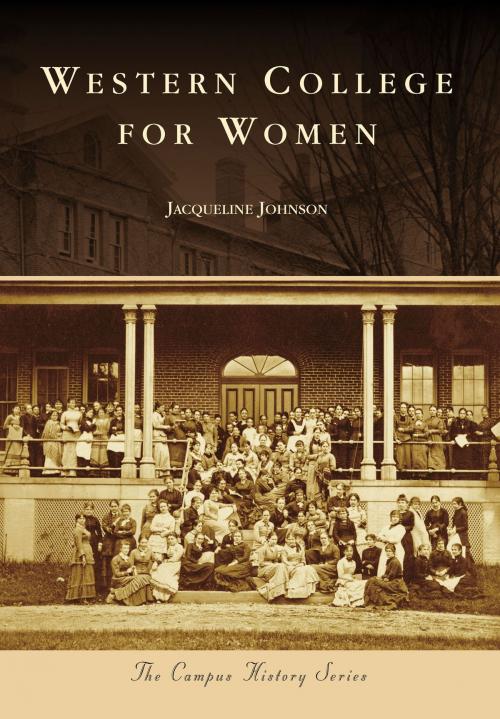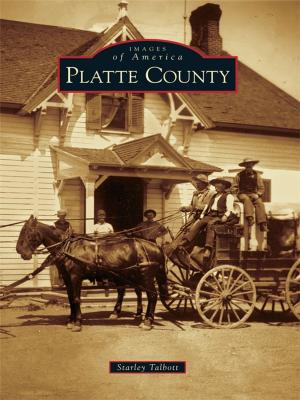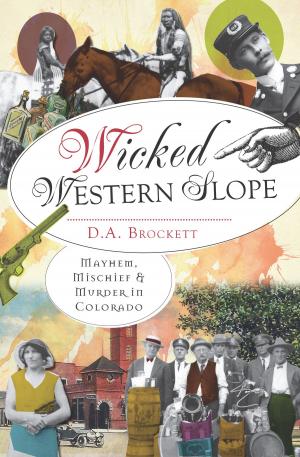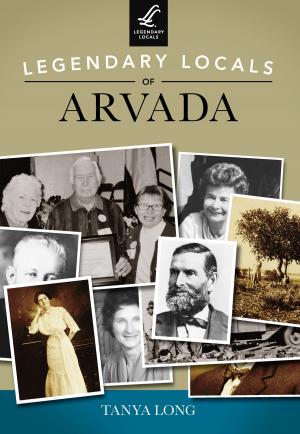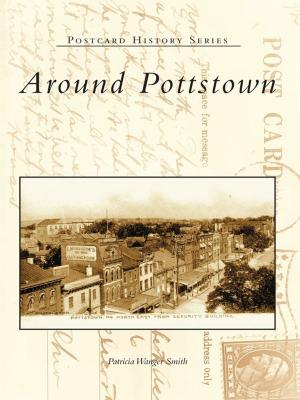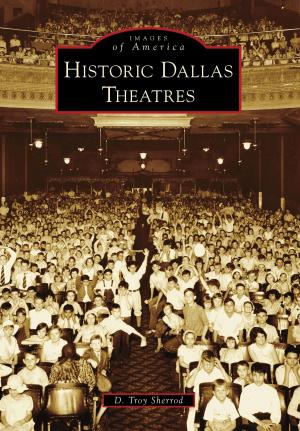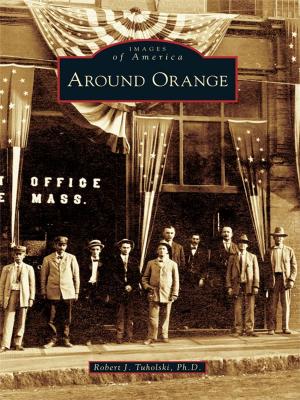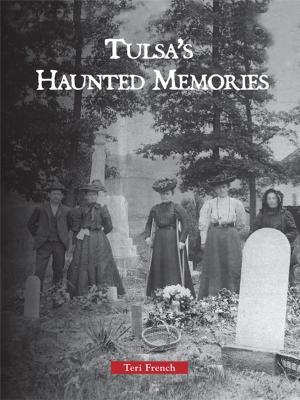Western College for Women
Nonfiction, Reference & Language, Education & Teaching, History, Administration, Social & Cultural Studies, Social Science, Gender Studies, Women&| Author: | Jacqueline Johnson | ISBN: | 9781439642733 |
| Publisher: | Arcadia Publishing Inc. | Publication: | April 21, 2014 |
| Imprint: | Arcadia Publishing | Language: | English |
| Author: | Jacqueline Johnson |
| ISBN: | 9781439642733 |
| Publisher: | Arcadia Publishing Inc. |
| Publication: | April 21, 2014 |
| Imprint: | Arcadia Publishing |
| Language: | English |
Western Female Seminary, the first daughter institution of Mount Holyoke College, opened its doors in 1855 as a Christian institution. The seminary, which became Western College for Women, was founded on the Mt. Holyoke plan, with a strong emphasis on academics. Many of its graduates in the 19th century served as home and foreign missionaries, and by the 20th century, young women from many foreign countries attended Western. In the 1950s, the curriculum was expanded to include a strong international emphasis. Western was the first college in the country to have an artist-in-residence, when composer Edgar Stillman Kelley was invited to live on campus. Western attracted national attention when it hosted civil rights training for Freedom Summer 1964. In the 1970s, independent study programs were developed, and the college became coeducational. With its diverse architecture and the early emphasis on landscaping on its rolling campus, the college was listed in the National Register of Historic Places in 1979.
Western Female Seminary, the first daughter institution of Mount Holyoke College, opened its doors in 1855 as a Christian institution. The seminary, which became Western College for Women, was founded on the Mt. Holyoke plan, with a strong emphasis on academics. Many of its graduates in the 19th century served as home and foreign missionaries, and by the 20th century, young women from many foreign countries attended Western. In the 1950s, the curriculum was expanded to include a strong international emphasis. Western was the first college in the country to have an artist-in-residence, when composer Edgar Stillman Kelley was invited to live on campus. Western attracted national attention when it hosted civil rights training for Freedom Summer 1964. In the 1970s, independent study programs were developed, and the college became coeducational. With its diverse architecture and the early emphasis on landscaping on its rolling campus, the college was listed in the National Register of Historic Places in 1979.
